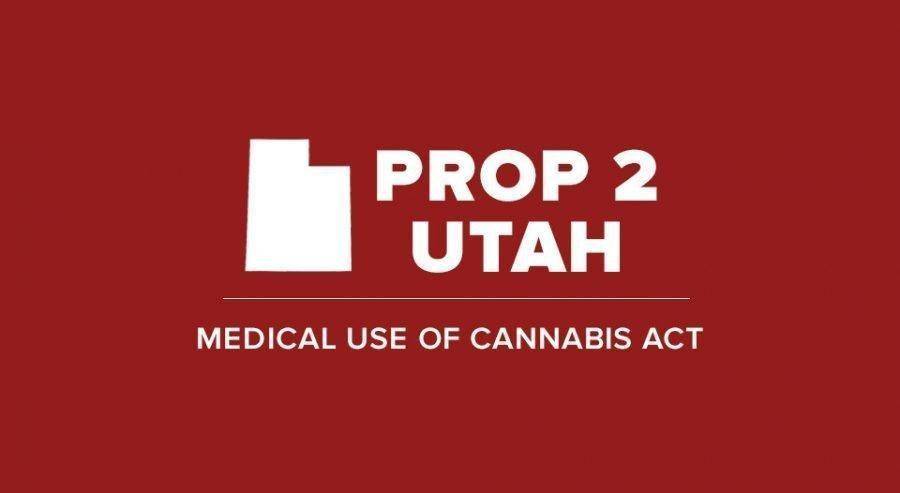When the results of the 2018 General Election were released, many were unsure whether or not the highly-discussed Proposition 2 would pass or be rejected. However, when the votes were counted, it was a shock to many to see that the proposition had passed.
Proposition 2 is the Utah Medical Cannabis Act, which will establish a state-controlled allowance for individuals with certain illnesses to acquire and use medical cannabis. The state legislature is continually working on a bill for this proposition with amendments and restrictions being proposed.
Revised bills are currently coming through about once weekly. A vote will take place in the early days of December for a final decision. According to Southeast Utah Health Department Environmental Health Director Bradon Bradford, as of now, a certain number of producers and growers will be approved with many restrictions in place.
From the growers and producers, the cannabis will go through a processing facility before a central pharmacy that will be ran through the State Health Department. The central fill will then distribute to five private pharmacies and local health departments throughout the state. Currently, there will be distribution sites at each office in Carbon, Emery and Grand counties.
The distribution sites will be secure within the buildings and the role of the health department will be to receive the package, verify that those receiving the medication are in fact the correct recipients and then distribute the cannabis. It will be the role of the prescribing physician to educate and prescribe to the patients.
Said physicians, as well as members of the health department, will have to undergo training for the medical cannabis process. There are no set age restrictions of who is able to get a prescription thus far, though those that are under 18 will require a parent or guardian when picking up the prescription. As of now, it is not likely that medical cannabis will be covered by most insurance plans.
Reportedly, medical cannabis is most beneficial for terminal illnesses as well as chronic pain and recurring forms of seizures and epilepsy. There are certain types of pains that even opiates are not able to affect that medical cannabis has proven beneficial for. As far as the types of cannabis available, thus far, a mention of burning and inhaling the product was said. However, it will not be in a cigarette or joint form.
Subsequently, the only edible approved thus far is a gel cube. Pills, lotions and other types of creams and salves have also been mentioned. These will not have a high effect on the user as the medical elements have been extracted for the use.
Bradford stated that while no real data has been released stating that medical marijuana may assist in the opioid epidemic, it is an avenue that is worth exploring. However, there is no definitive say that is a way to step away from that addiction. Bradford also expressed that if this is a way for individuals to receive relief and benefits, the health department will do all they can to help.
Bradford also encouraged those in the community to sit down and have a frank and real discussion with those that are knowledgeable on the subject and not make an immediate judgment one way or the other.

